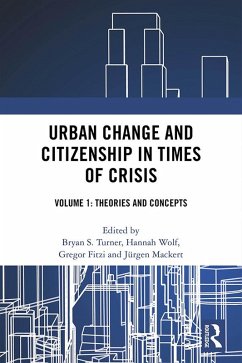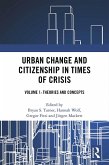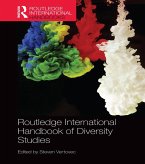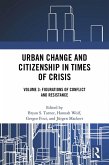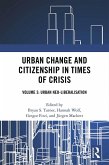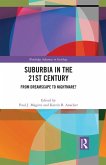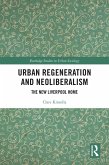The contributions to Theories and Concepts offer new theoretical reflections on the city in a philosophical and historical perspective as well as fresh empirical analyses of social life in urban contexts. Chapters not only critically revisit classical and modern philosophical considerations about the nature of cities but no less discuss normative philosophical reflections of urban life and the role of religion in historical processes of the emergence of cities. Composed around the question whether there can be such a thing as a 'successful city', this volume addresses issues of urban political subjectivities by considering the city's role in historical processes of emancipation, the fight for citizenship rights, and today's challenges and opportunities with regard to promoting social justice, integration, and diversity. Consequentially, theory-driven empirical analyses offer new insight into ways of solving problems in urban contexts and a genuine approach to analyse the Social Quality in cities.
Dieser Download kann aus rechtlichen Gründen nur mit Rechnungsadresse in A, B, BG, CY, CZ, D, DK, EW, E, FIN, F, GR, HR, H, IRL, I, LT, L, LR, M, NL, PL, P, R, S, SLO, SK ausgeliefert werden.
Martina Löw, Professor of Planning and Architecture, Institute of Sociology, Technical University Berlin, Germany
"Never has it been more important to explore the nature of urban change and related issues of social and environmental justice. [...] Through the lens of multiple identities, social fragmentation, and fragile institutions the authors, individually and collectively, demonstrate that urbanisation may advance certain freedoms while simultaneously impinging adversely on established civil and political rights. [...] Urbanisation is essentially an uneven process, spatially and temporally, and the chapters capture these divergent trajectories across different cultures. Whether these 'Times of Crisis' are greater than other times the reader must be the judge. Either way, these are stimulating, challenging essays anchored in original research."
Richard Rodger, Emeritus Professor of Economic and Social History, University of Edinburgh, and Fellow of the Academy of Social Sciences, UK

